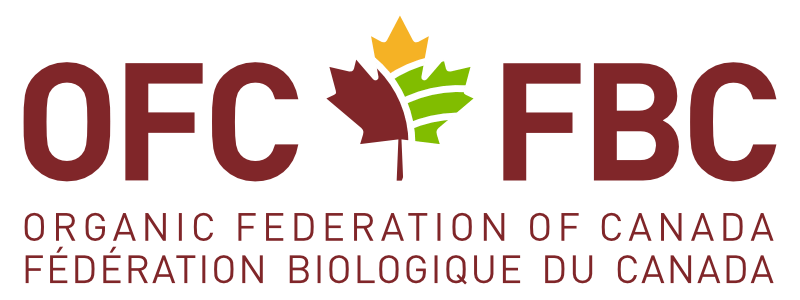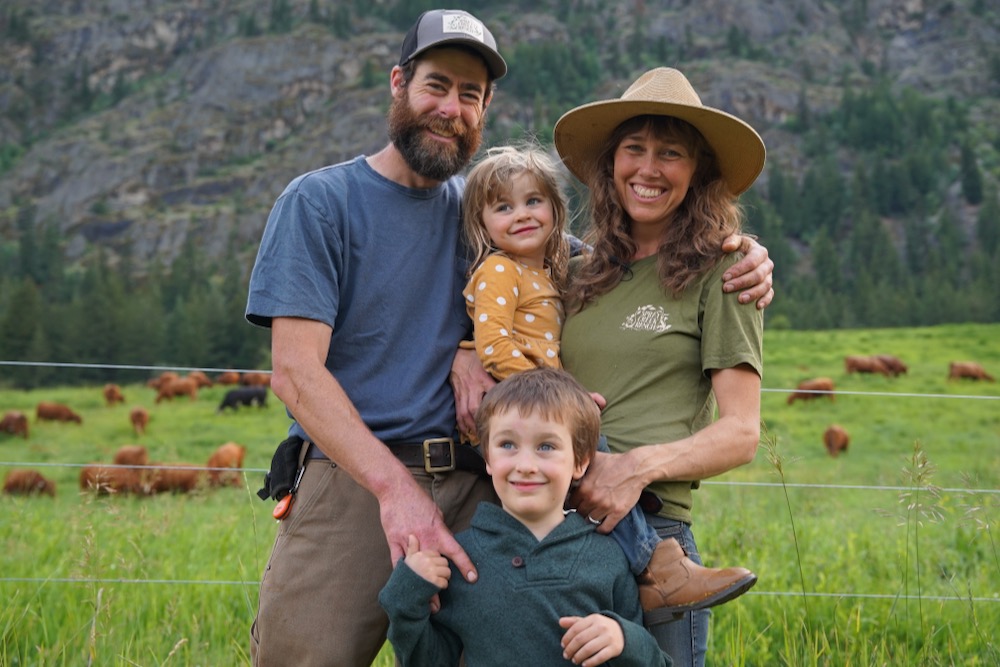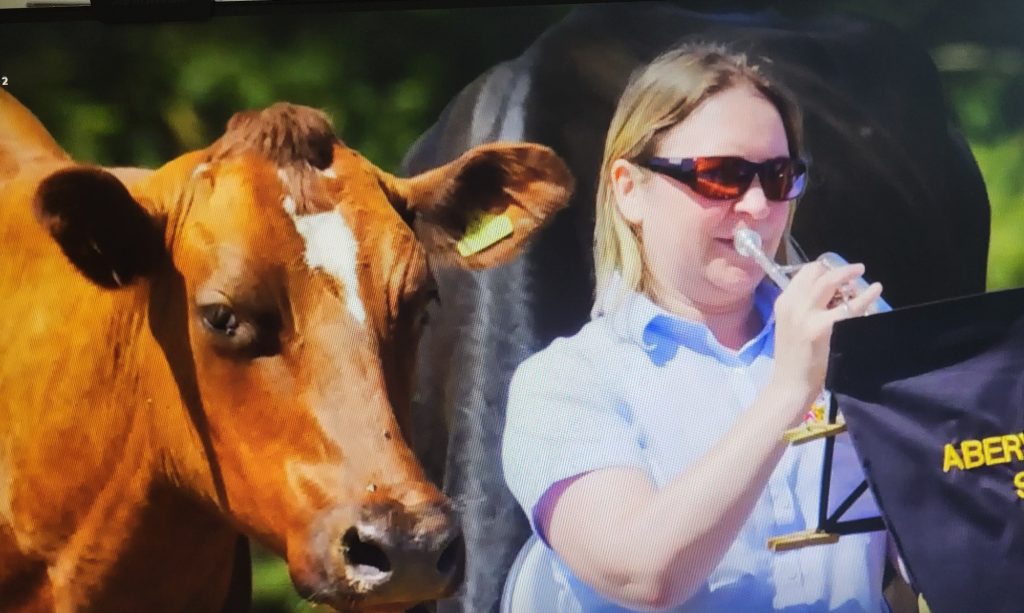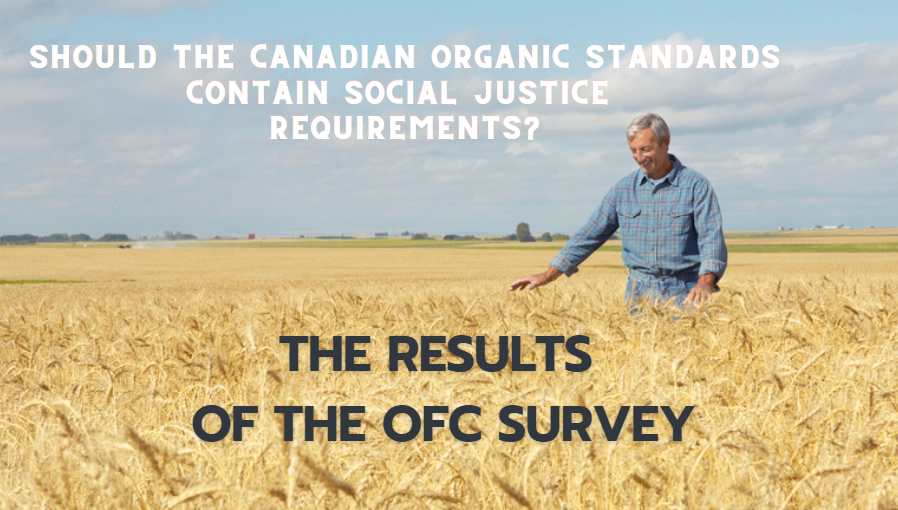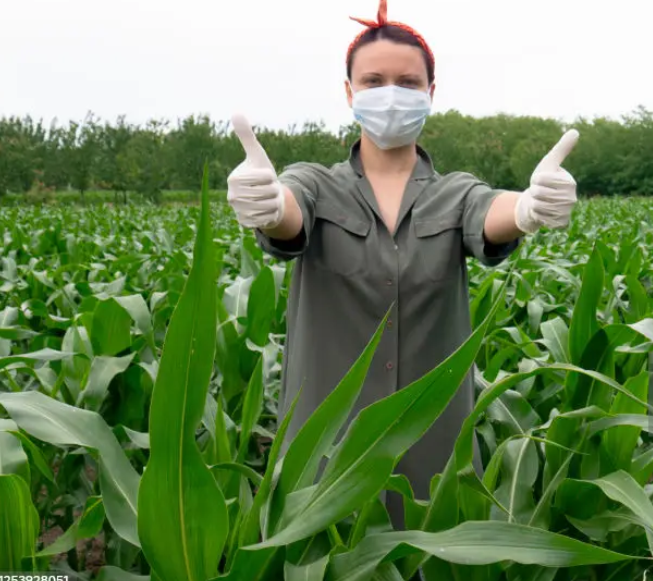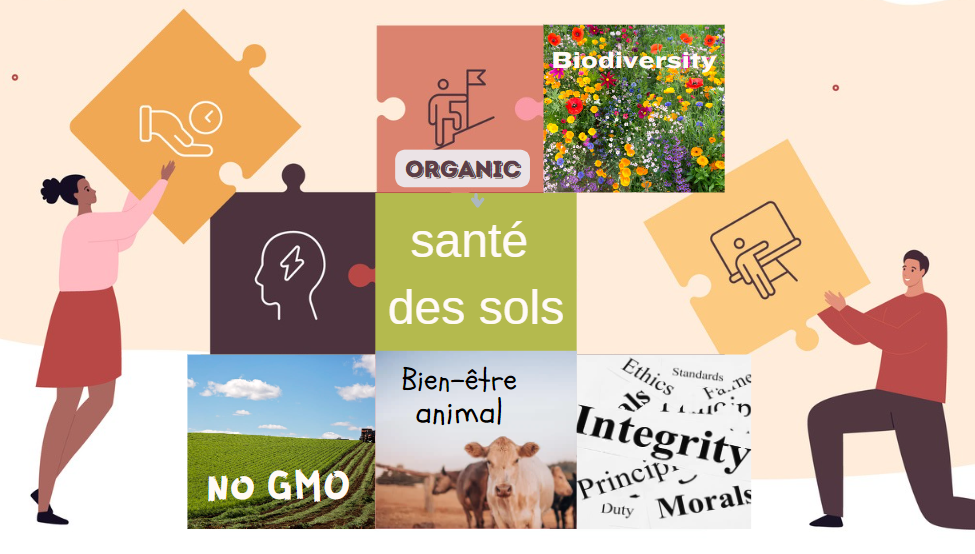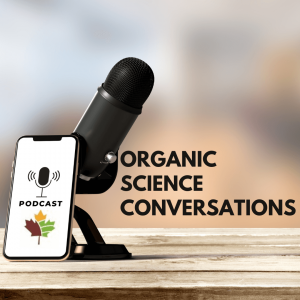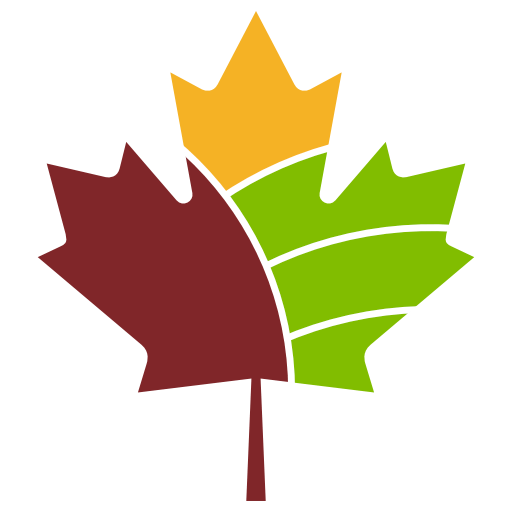Bananas do not grow in Canada, they have to be imported.
The Canada Organic Regime has established rules for importing organic fruit into Canada.
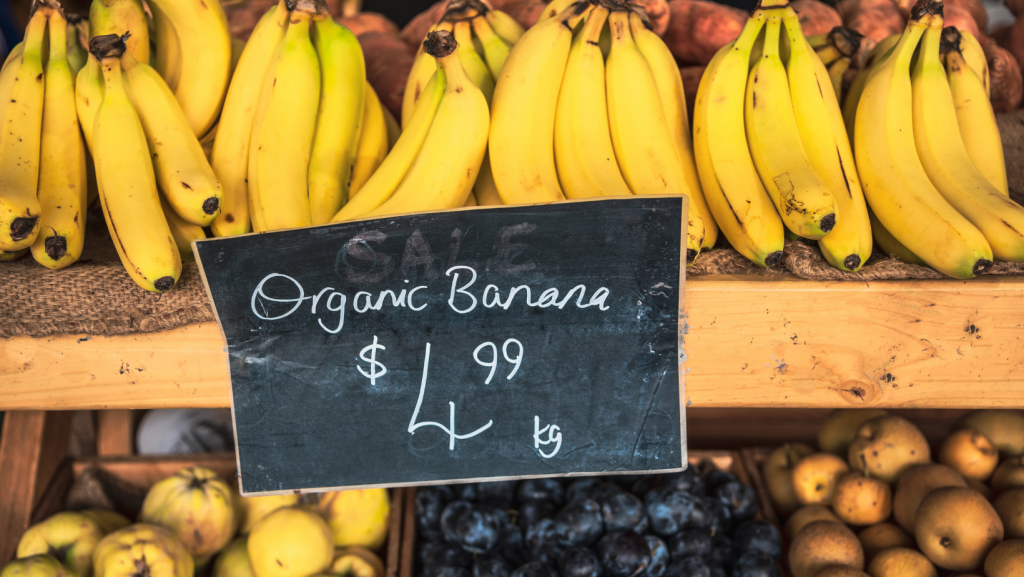
Bananas are a staple in the diet of many Canadians. Whether added to smoothies, as an ingredient in our favourite baked goods, or just enjoyed on their own as a nutritious snack, our appetite for this tropical fruit continues to grow as the number one organic fruit category, accounting for $68 million in import sales in 2021 and increasing annually. But have you ever wondered how organic bananas make it to our grocery store shelves, and how organic integrity is ensured throughout the process?
Bananas are grown in tropical countries and must be picked green to ensure they reach shelves at the optimal ripeness. Stefan Misse, President of Discovery Organics, explains how his company has imported solely organic and Fairtrade Certified for the past 15 years. Discovery Organics has worked with cooperatives based in Peru and Ecuador, and currently works with Coliman in Mexico. The bananas are picked green and then shipped together in a full load as they need to be shipped and stored at 14 degrees. The bananas are then brought to banana ripening centres, where an ethylene generator is used to spur the bananas to optimal ripeness before being distributed to stores.
Working with a cooperative allows Discovery Organics to ensure the integrity of their products. “By not hopping around to different brokers, and visiting our growers as often as possible, [we are able] to see how their operations are run. We make sure the relationship is there and that there is a bond of trust”, states Misse. “When we get a load of bananas from our cooperative, they will indicate which case and which member of the cooperative produced that product. As organic wholesalers, we must trust in the integrity of the system”.
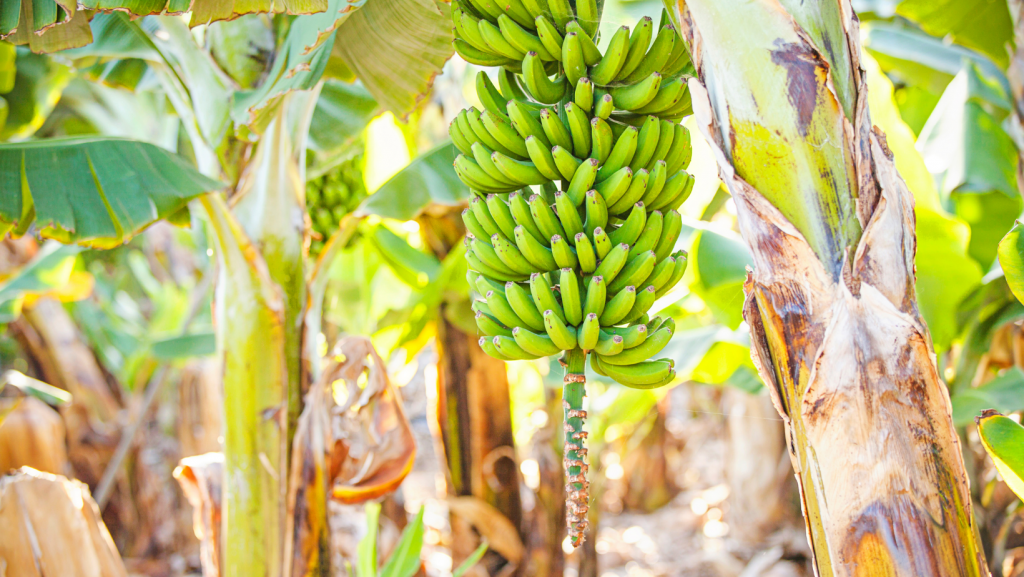
Canada has organic equivalency arrangements with seven different trading regions, which were agreed upon after the two regions agreed that the organic standards were comparatively equivalent and that the enforcement and regulatory systems were comparable.
Tia Loftsgard, Executive Director for the Canada Organic Trade Association, explains. “Canada’s equivalency agreement with the USDA allows for certification in a third country by a USDA accredited certification body, as long as the critical variances between the US and the Canada organic standards are respected, and the certificate includes the following statement: “Certified in accordance with the terms of the US-Canada Organic Equivalency Arrangement”.
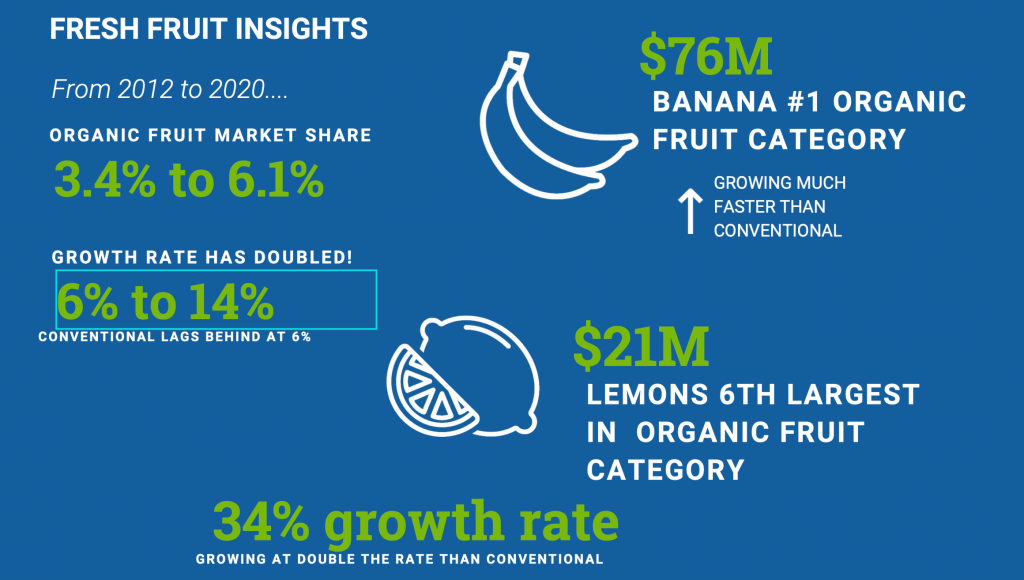
By the end of 2022, exporters of organic products to Canada will also be required to submit a digital copy of the organic product certificate when declaring organic products online using the AIRS.
This digital copy of the organic certificate will follow each organic product throughout its entire journey and can be checked simply by scanning the product code.
The development of OGD codes for organic products ensures a higher degree or product integrity by offering a digital tracking method for products being imported, which gives real time access to CFIA to ensure organic conformity to the COR. The process began in 2019, when CFIA announced they would be creating codes for organic products for every single imported product coming into Canada.
“There are thousands and thousands of these codes, and since 2019 CFIA have been working hard to create organic OGD codes for all of these categories and make sure that everything is up to date”, notes Loftsgard. “They have said that a few more product categories (think: all packaged food, there are a lot of categories) need a code to be created. The goal is to have it wrapped up by the end of 2022.
“When CFIA has completed all the organic OGD codes in AIRS,
every company shipping into Canada will have to upload
their organic certificate. The importers will have to ensure the organic certificate is accurate to enter Canada and be compliant with the Canada Organic Regime requirements at the time of importation.”
While these requirements are a good start at preventing organic fraud, Loftsgard notes that there is still room for improvement. COTA’s Organic Integrity Task Force has submitted recommendations to CFIA to strengthen organic integrity. “Currently, not all importers need to be certified. Only those that are repackaging the product [adding their own label], and manufacturing are required yet brokers and traders of bulk commodities fall outside of the scope”, Loftsgard states.
Misse agrees that there could be more done. “CFIA will come and do spot checks and random inspections at the time of importation. [They will] grab five products and look at the paperwork and look for soil, pests, and chemical residues to make sure they are in compliance. Those inspections could be stepped up, but I’m not sure if they have the time or energy to make that happen.”
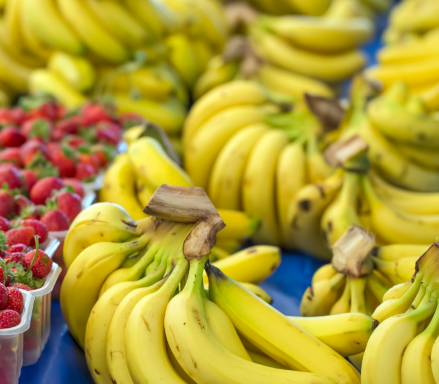
Though the system is far from perfect, we can feel assured of the organic integrity of the organic bananas we see in grocery stores. Misse notes that accountability is integral to how they do business. “What we’re doing as a business is done with integrity, and we are constantly checking these things and always striving to do better.”
As the importation of organic products grows, it is essential that the safeguards we have in place keep up with demand. Next time you go to reach for an organic banana at the grocery store, you know the journey it has been on, and feel good knowing that it was grown using organic standards you can trust.
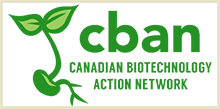
Health Canada has announced that they will be allowing the production and use of some new genetically engineered foods without any government oversight. The new regulatory guidelines will allow product developers to perform their own safety assessments of some GM products without input or regulation from Health Canada. Companies are now only required to voluntarily notify Health Canada of new GM products being released on the market.
The organic sector will be able to continue to grow by requiring that GM seed be clearly identified and that all measures be taken to curb contamination in the field or in storage. To be continued.
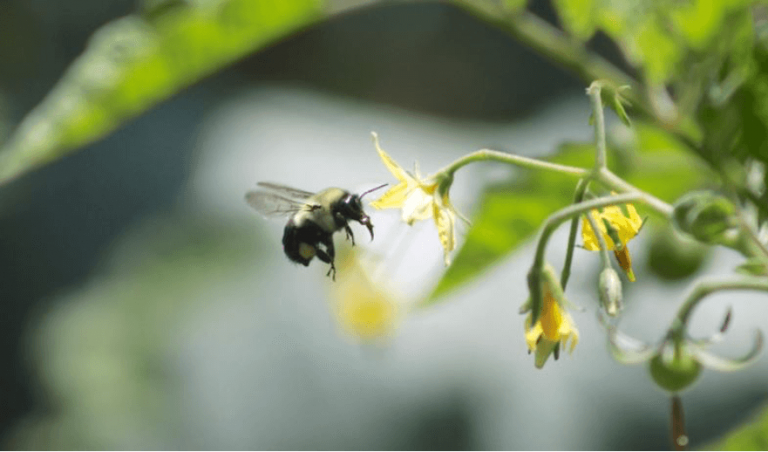
#WorldBeeDay was May 20th, and what better way to celebrate bees than by learning all the ways that organic farming supports pollinator populations. The Organic Centre produced a report outlining the crucial ways in which organic practices support wild and managed bees.

has launched a new website to convince consumers of the ecological and environmental benefits of organic products.
A great source of information to convince your friends!

